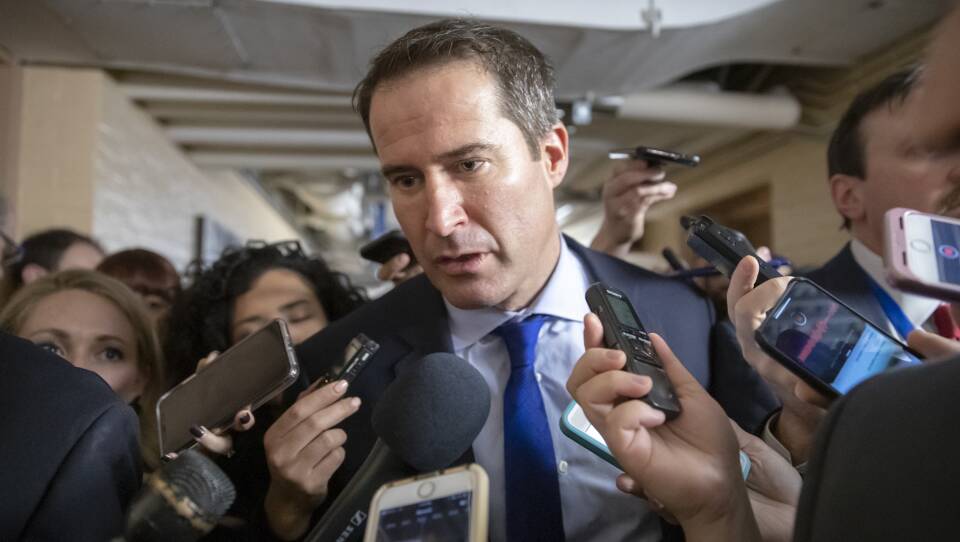Seth Moulton, hours after announcing the end of his quixotic Presidential campaign, told reporters on a conference call that he was proud to have elevated national security as an issue in the Democratic 2020 campaign.
Well, he can be proud to have tried. Despite his efforts, that topic remains conspicuously absent from the campaign.
Democrats, from the grassroots to the campaigns, so far seem to be rejecting the central theme of Moulton’s campaign: that to beat Trump in 2020, the party must challenge him directly on foreign policy. Not merely by deriding the diplomatic failures with Iran, Russia, and North Korea, but by offering an informed, strategically sound way forward in Afghanistan, Iraq, Syria, Yemen, and throughout the world.
Other candidates are barely talking about these things. Joe Biden, considered the foreign-policy adult in the campaign, has barely addressed the country’s currently active warfronts, beyond vaguely promising to “bring the vast majority of our troops home from Afghanistan and narrowly focus our mission on Al-Qaeda and ISIS.” The words “Iraq” and “Syria” do not appear anywhere on his campaign web site.
Elizabeth Warren, who joined the Senate Armed Services Committee and gave a foreign policy address to bolster her credibility before entering the race, has none of her famous plans in that realm.
Questions on foreign policy have been rare on the campaign trail, in interviews, and at debates. The only 2020 candidate talking about foreign policy in depth is Joe Sestak, a former Navy admiral who, like Moulton, entered the race late and has been roundly ignored.
To be sure, Moulton never gained the prominence on the campaign stage to test the resonance of foreign policy.
He probably should have started earlier, focused more single-mindedly on New Hampshire, and hoped to built off any traction he gained there. He may have expected more funding from those who have given to and through him before—a common miscalculation in Presidential politics. He presumably didn’t imagine that the party’s national committee would set ridiculous requirements that excluded members of Congress and state Governors from even the earliest, introductory televised debates.
Still, he wasn’t entirely lacking in attention. He was frequently interviewed on national cable news networks and by local media in early-voting states. He had something of a media-focus cycle when he disclosed his own experience with post-traumatic stress disorder. He got his own CNN town hall, and was included in most cattle-call events for Democratic candidates.
In addition to his focus on foreign policy, the other major rationales for Moulton’s campaign also remain unproven with the Democratic voting electorate.
One of those arguments is generational. Moulton has explicitly argued that Democrats need to at least begin the transition from retirement-aged leaders—including Nancy Pelosi and other top House members—to a generation more attuned to the times.
As he leaves the race, the three top-polling candidates were all born in the 1940s.
Another basis of Moulton’s campaign was the belief that the Democratic Party needs to steer clear of its most liberal impulses. Again, early indicators in the Presidential nomination race show the liberals winning that argument.
But, it’s too early to draw conclusions.
Once the broader bulk of voters starts paying close attention to the campaign—and as the field shrinks to a more manageable size for them to contemplate—we might find that they do move toward younger, more centrist candidates who focus on foreign policy.
If so, it will be too late for Moulton. And it certainly sounds like he doesn’t expect it. In that conference call with reporters, he asserted his belief that the race is now between only Biden, Warren, and Bernie Sanders—and made pretty clear that he intends to endorse Biden.





